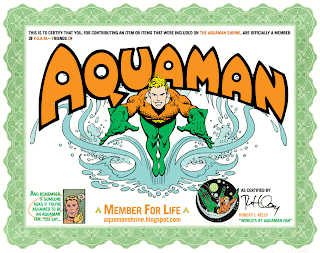Back from the Thanksgiving holidays and back to answering questions. Here's one from Megan.
My name is Megan. I started following your blog about two weeks ago and
have found it entertaining as well as informative, so first of all thank
you for writing. I was wondering if you might answer a question for me.
I have a 2 year old long haired female kitty who used to have seizures
at least twice a month (I did take her to see a vet about this) but
since I moved to an apartment 6 months ago and made her a 100% indoor
cat, she hasn't had a single seizure since. She's been a picture of
health til a few days ago when she started vomiting frequently. The
vomit looks like mushy cat food. There doesn't seem to be much else in
it. She does not appear to be over eating, and has otherwise been
herself. I would take her to a vet, but at the moment my husband and I
can't afford it, and I'm not even sure it's something to be worried
about... Is it?
Megan, the short answer is to have your kitty checked out by a vet. Unfortunately, vomiting is one of the most common symptoms we see and can indicate numerous problems, from serious to simple. But let's see if we can narrow down things a little bit. Three things come to mind based on this limited information: gastric foreign body, inflammatory bowel disease, and dietary indiscretion.
Some things can become lodged in the stomach or small intestine without causing a complete blockage. This can be irritating to the gastrointestinal tract, leading to vomiting. However, most foreign objects in the GI tract cause more serious illness than simple vomiting, and it doesn't sound like your kitty is that sick. So I would put this lower on the list but not rule it out.
Inflammatory bowel disease (IBD) often rears its ugly head as frequent vomiting. Most commonly this is an inflammatory process secondary to a food allergy. There is no specific test for this other than surgical biopsy (sometimes endoscopic biopsy will be sufficient), so we end up running tests to rule out other problems and then look for a response to therapy. This therapy is normally a combination of steroids and hypoallergenic foods, and often requires life-long treatment.
Dietary indiscretion is a fancy medical phrase that means "eating things they shouldn't". Cats are notorious for getting into plants, garbage, and other things around the house. Look around your home and see if this might be a possibility.
Sorry this wasn't much help, but if this doesn't stop soon or if your cat acts sick, I would recommend a vet visit, planning on the possibility of blood tests and x-rays. Good luck!
